At the recent St. Petersburg Economic Forum, Economy Minister Maxim Reshetnikov said that economic indicators point to a slowdown. For the first time, Russian officials acknowledged that the economy is starting to slow down three years after the conflict with Ukraine. "Based on the real sentiment of businesses and current indicators, I think we are on the verge of a recession," he said.
Despite a series of sanctions since the Ukraine conflict broke out in February 2022, the Russian economy has still exceeded expectations and forecasts of experts. Strong defense spending has been a key driver to maintain growth and keep unemployment low, but has also increased inflationary pressures.
However, in the long term, inflation and a lack of foreign investment remain potential risks. Economists have repeatedly warned that the Russian economy is at risk of stagnation due to a lack of investment outside the defense sector.
Experts say a combination of tight monetary policy, Western sanctions, low oil prices, supply chain disruptions and high inflation are pushing Russia toward recession.
In addition, the Center for Macroeconomic Analysis and Short-Term Forecasting in Russia said that most of the civil sector has fallen into recession and there are no signs of restarting growth. "It seems that a stagnant economy has formed," the center's analysts said.
Russian President Vladimir Putin (Photo: Sputnik).
Despite his warnings, Mr. Reshetnikov also made it clear that a recession is not inevitable. "I do not predict that there will be a recession. I say we are close to it. From this point on, everything will depend on our decisions," he said.
Russia's economy minister has called on the central bank to adopt a supportive policy, as the Kremlin admits that the current base interest rate of 20% is holding back growth.
In March, Russian President Vladimir Putin urged economic officials not to freeze the economy with high borrowing costs, as if it were in a “cryotherapy chamber”.
Russia cut interest rates in June for the first time since 2022, but borrowing costs remain near record levels, prompting many businesses to complain that high rates are stifling investment.
Contrary to Minister Reshetnikov's view, Russian Central Bank Governor Elvira Nabiullina admitted that GDP growth was slowing, but said this was "a way for the economy to escape overheating".
Meanwhile, Finance Minister Anton Siluanov admitted the economy was cooling but was optimistic that "after the cold, summer will come".
Mr. Alexander Vedyakhin, Deputy General Director of Sberbank, the largest bank in Russia, said that the overly tight monetary policy is increasing the risk of "over-cooling", and called for a sharp reduction in interest rates to 12-14%.
Source: https://dantri.com.vn/kinh-doanh/kinh-te-nga-ben-bo-vuc-suy-thoai-moscow-tinh-xoay-chuyen-ra-sao-20250704182434374.htm


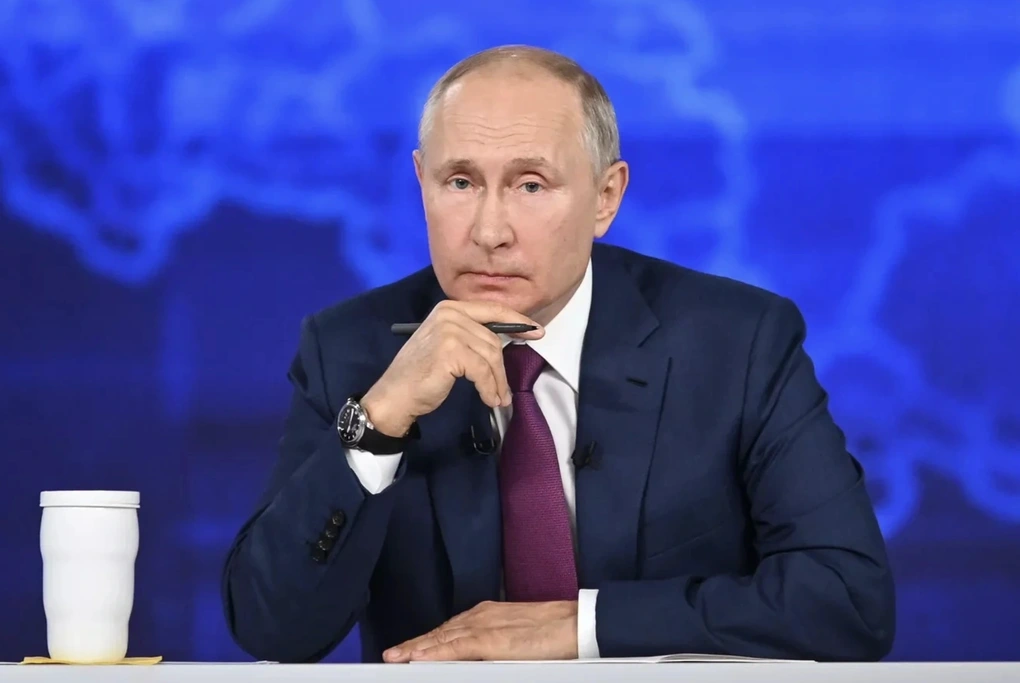
![[Photo] President Luong Cuong receives US Secretary of War Pete Hegseth](https://vphoto.vietnam.vn/thumb/1200x675/vietnam/resource/IMAGE/2025/11/02/1762089839868_ndo_br_1-jpg.webp)

![[Photo] Lam Dong: Images of damage after a suspected lake burst in Tuy Phong](https://vphoto.vietnam.vn/thumb/1200x675/vietnam/resource/IMAGE/2025/11/02/1762078736805_8e7f5424f473782d2162-5118-jpg.webp)





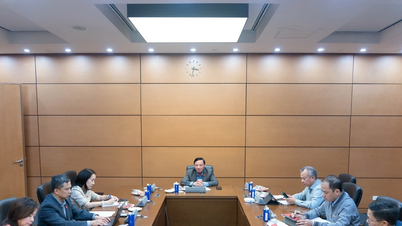

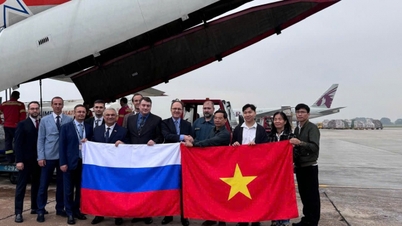

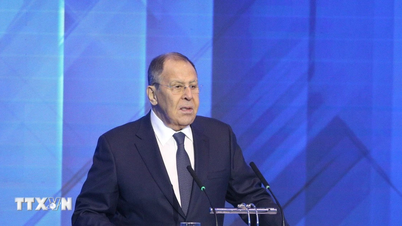
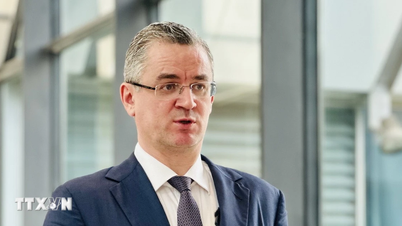
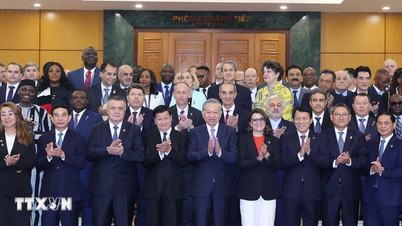
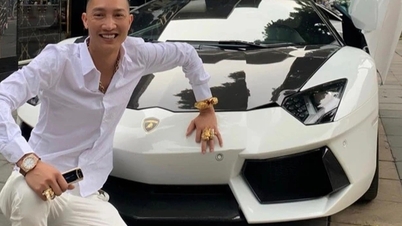
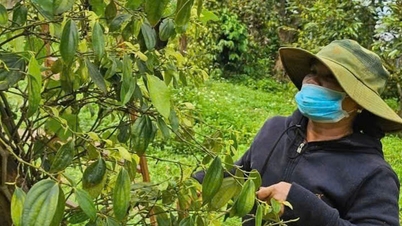

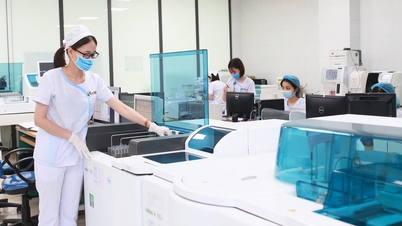


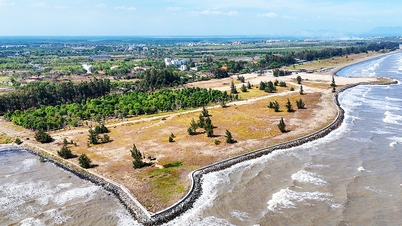





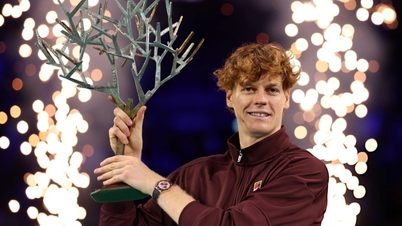


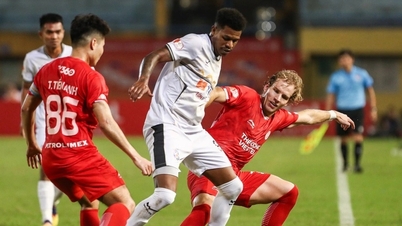



































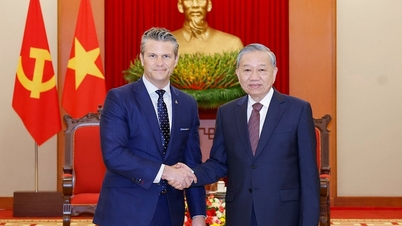
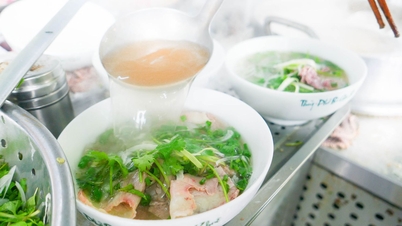

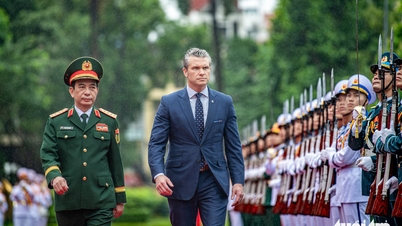
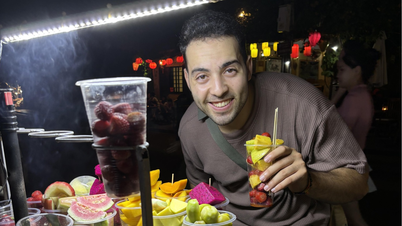
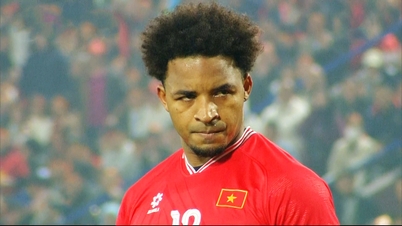
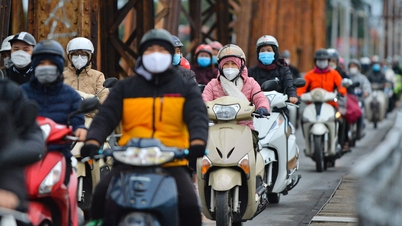


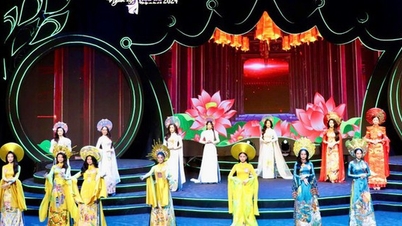

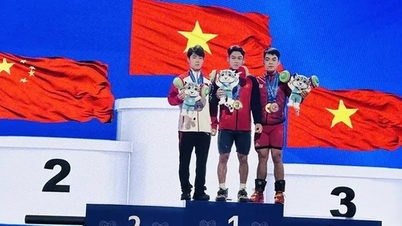
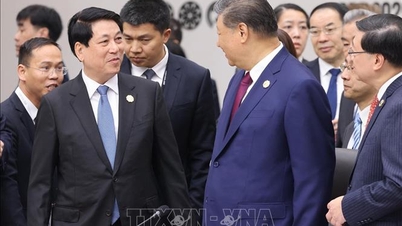

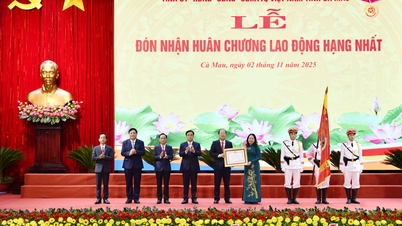
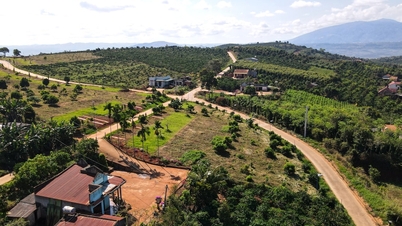

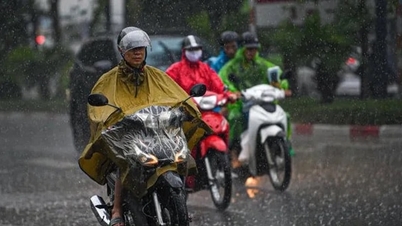

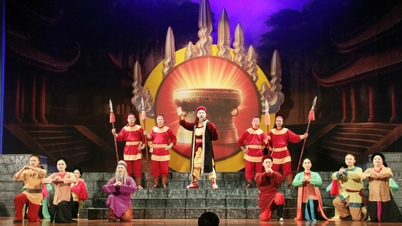




















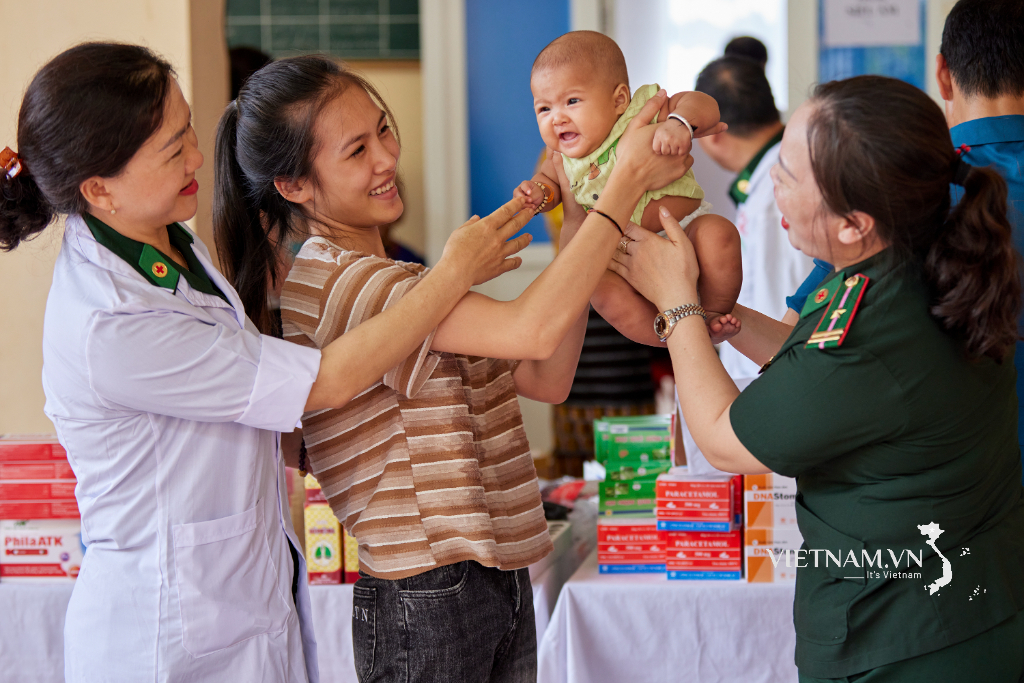
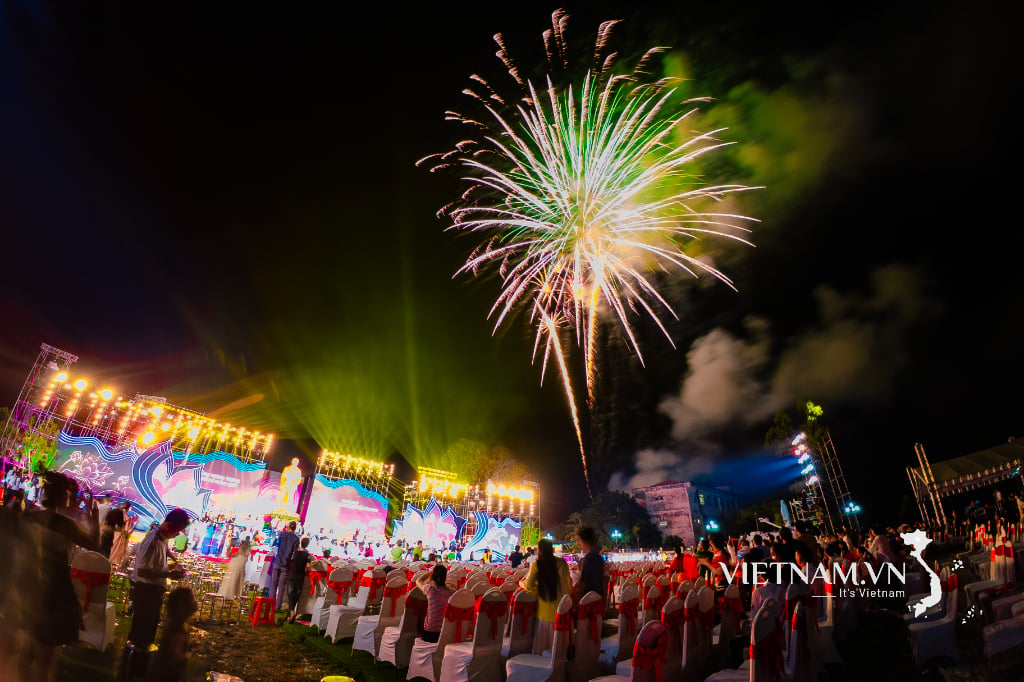
Comment (0)